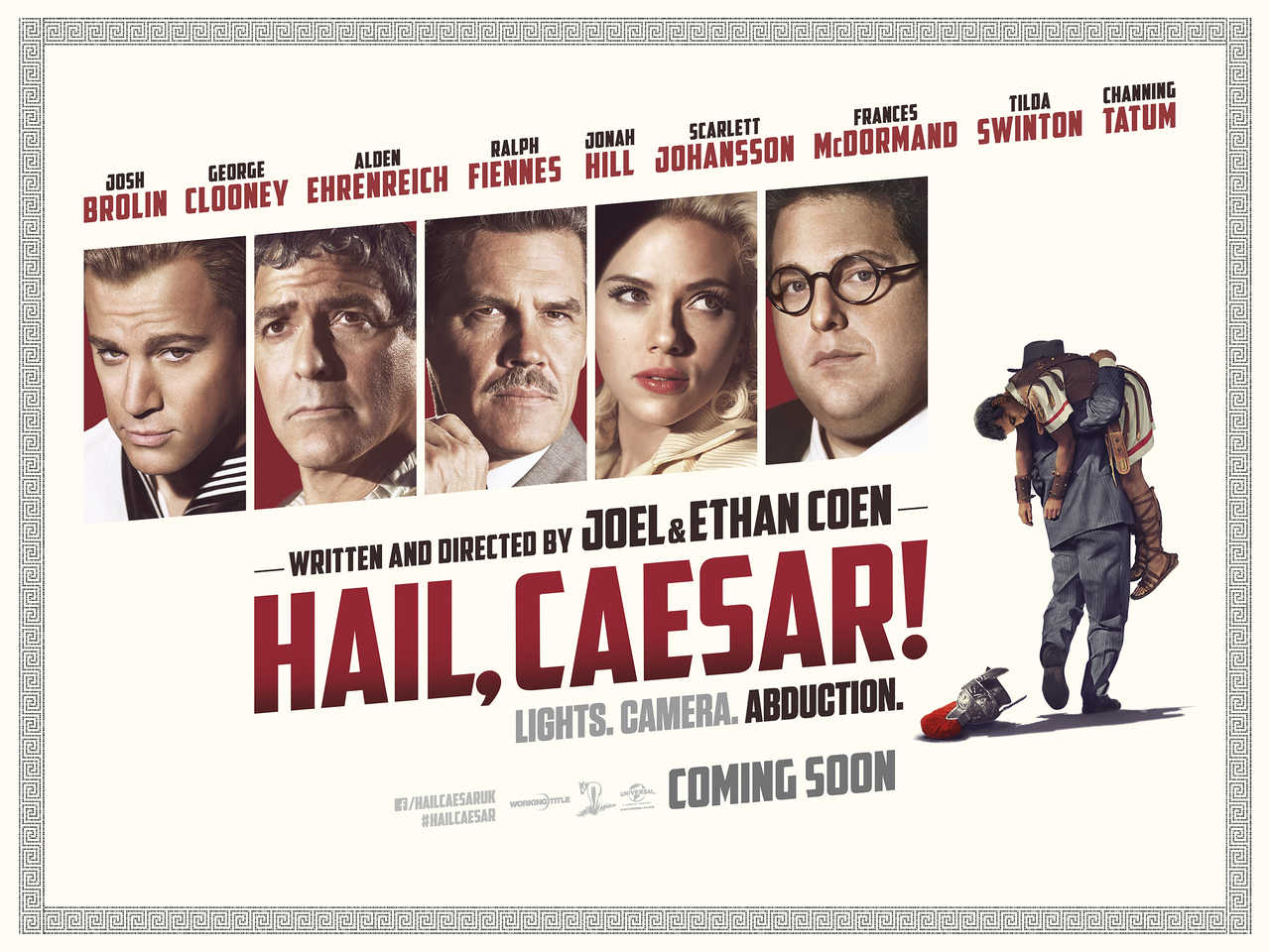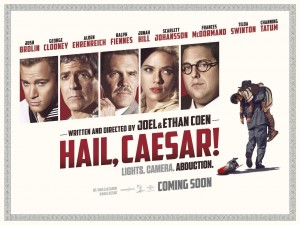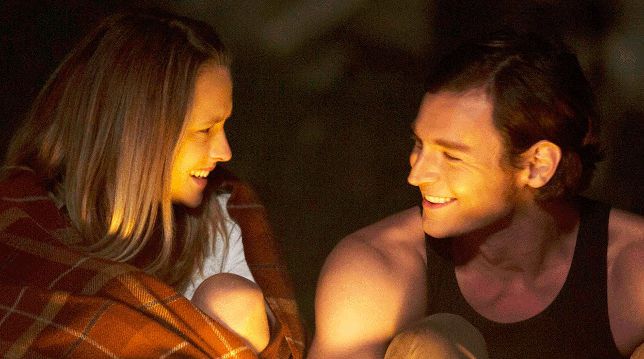Interview: Nicholas Sparks on “The Choice”
Posted on February 6, 2016 at 8:00 am

The newest film based on his books is “The Choice,” with Benjamin Walker and Teresa Palmer as a couple who meet as neighbors on Sparks’ beloved North Carolina coast. I was delighted to get a chance to talk to him about what he loves so much about that setting and why letters are always a key feature of his stories.
Why are old-school letters on paper so important to your characters?
When I went off to college, back then they use to charge per minute on just regular phones. So I had to correspond with letters. My mom would write three letters a week and one of the high points of my day was to reach into the mailbox and to get letters. I was from that generation. I’m a person who is used to handwriting thank you notes and things like that. That has just evolved over the years into letters of appreciation for those people with whom I worked and of course letters to those whom I love. And so for me it’s natural and almost expected even in the age of email and texts and things like that, and it is sad to me that there will be some people who never get a personal letter ever in their whole lives.
In “The Choice,” Travis and Gabby learn that sometimes the people who bother us are the people who are best for us. Why is that?
I think that is hard to be bothered by someone unless you have some sort of relationship with them in general. I don’t mean really bad people, but the people who just get to you — you really can’t hate someone so much deep down inside unless you love them. And I think that by bothering what these people are doing is essentially challenging them to be the best versions of themselves. That’s a wonderful thing that we should always aspire to be, to be the best version of ourselves that we can possibly be. But the conflicts of the choice we see when Travis (played by Ben Walker) is saying “You’re bothering me,” he is saying “You are making me a better person, you’re making me the best version of myself and that’s hard for me at this time in my life.” And I think there’s something wonderful in that because that is a lifelong journey with ups and downs.
The beach and the ocean always play a very important role in your stories and it’s never been photographed more beautifully, more lovingly that it is in this film. What do you think we learn from going out on the water and experiencing that atmosphere?
There’s a few reasons why those elements seem to recur in both my novels and my films. I like stories that are set in coastal North Carolina. North Carolina is a little unique in that it’s a state in which the closer you get to the coast the smaller the towns become. And small towns on the beach means a slower pace, a slower rhythm of life and I think a slower rhythm of life allows people more time to think, more time to simply be alone and simply just be like Travis does in his chair, his single chair on the back lawn until he brings a second one and I think that’s when people are able to connect at the most human level, when the world slows down enough for each of them to really be able to talk and listen and be heard.
In the film, Travis tells a lie about a lizard, and lets a little girl think that her lizard has not died. Do you think that was the right thing to do?
I think in this particular context yes because it was a lizard. I certainly would not have done the same thing with a kitten, or a dog but as a father you do want to shelter your kids from the harsh realities of life when it’s possible while at the same time preparing them for a life that will be include some harsh reality and I know that often there are moments in which it’s very hard to have certain kinds of conversations with your children and certainly those conversations would be different depending on the child’s age.
Travis and Gabby both learn that they jumped to the wrong conclusions about each other; is that something that is true to an extent of all people who fall in love?
Their first impressions were made during a moment of emotion, so to speak, or at least hers were, and when people are in an emotional state they are not always the people that they are the rest of the time. Their emotions were faulty so that led to I guess a faulty persona that wasn’t necessary reflective of who they are most of the time. At the same time I think that first impressions can be very accurate, not always but I think a lot of people can form opinions about another person within a few minutes of talking to them if they given the chance to really have the kinds of conversations that lend themselves to it.
Do you ever learn something new about your story by seeing it in the film?
Without question I learn something new every time. I learn different ways in the future for example to condense two characters into one for the sake of efficiency. I learn to think in terms of even when writing to think in terms of making the scene visual to the reader.
What is the biggest challenge do you think of taking a novel and making it into a movie? Doesn’t it lose some of the descriptive language that you have worked so hard on?
Primarily I think what’s lost is the ability to have characters be introspective so you know what’s going on in their heads. At the same time, a novel is a story told with worlds and in film it’s a story told with pictures. So some things are better in one, like introspection, and other things are better in another like arguments or car chases or fires. Anything exciting always works better in film or even in this particular case the scenery works better in film that I can ever hope to portray in the novel. So the challenge is to take a story told with words and put it into a story told with pictures, well knowing some things work better in one than the other whilst still maintaining the spirit and intent of the story, the spirit and intent of the characters. I think that certainly “The Choice” was able to do that. And I have been very fortunate in that all my films were able to do that.




